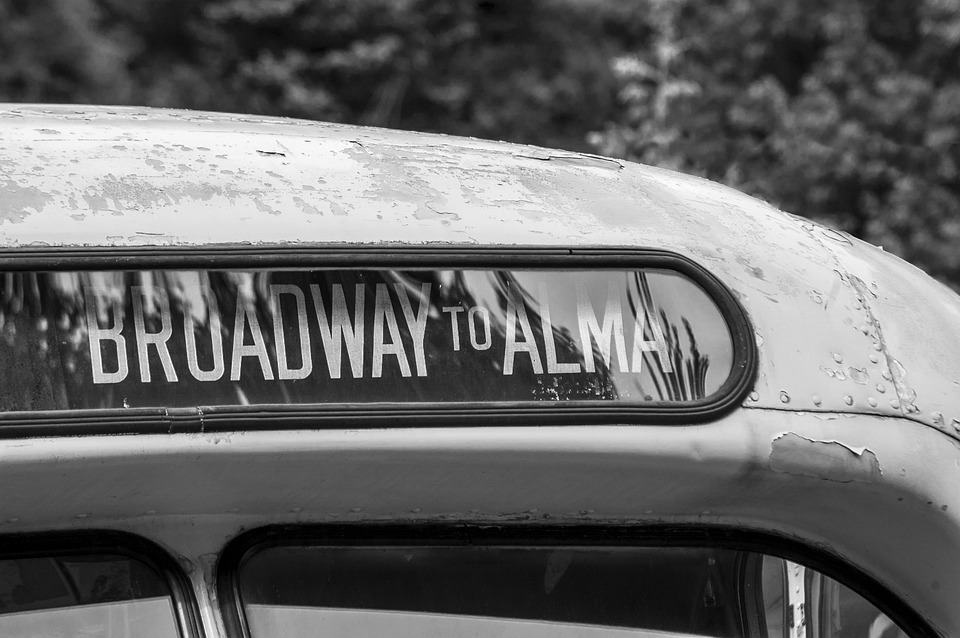Table of Contents
Introduction
Are you tired of your typical vacation routine and looking for a unique and adventurous experience? Look no further than cowboy camping! Imagine spending your days exploring the great outdoors, sitting around a campfire, and sleeping under the stars. In this article, we will provide you with valuable tips and tricks to make your cowboy camping adventure truly memorable.
Choosing the Right Gear
When embarking on a cowboy camping trip, it’s crucial to have the right gear. Here are a few essentials to consider:
- A sturdy tent or a bivy sack: While the idea of cowboy camping is to sleep directly under the stars, having a lightweight tent or bivy sack can provide protection against unexpected weather conditions or wildlife encounters.
- A comfortable sleeping pad: Sleeping on the hard ground can be uncomfortable. Invest in a quality sleeping pad that provides insulation and cushioning for a good night’s sleep.
- A warm sleeping bag: Temperatures can drop significantly at night, even during summer months. Choose a sleeping bag suitable for the expected weather conditions.
- Cooking equipment: Meals around the campfire are an integral part of the cowboy camping experience. Bring a portable stove, pots, pans, and utensils to prepare delicious meals.
Location, Location, Location
Choosing the right location for your cowboy camping adventure is essential. Here are some factors to consider:
- Research the area: Look for locations that allow camping and have favorable weather conditions during your intended stay.
- Consider safety: Ensure the chosen location is free from potential hazards such as falling rocks, flash floods, or dangerous wildlife.
- Access to water and facilities: Depending on the length of your trip, access to clean water sources and restroom facilities may be important.
Preparing for the Unknown
When exploring the wilderness, it’s crucial to be prepared for unexpected situations. Here are some key tips:
- Inform someone: Before heading out, let a trusted friend or family member know about your plans, including your estimated return date.
- Bring a first aid kit: Accidents happen, so make sure to bring a well-stocked first aid kit to handle minor injuries.
- Learn basic wilderness survival skills: Knowing how to navigate with a map and compass, start a fire safely, and identify edible plants can be invaluable in case of emergencies.
- Pack enough food and water: Plan your meals in advance and bring enough food and water to sustain yourself throughout your adventure.
FAQs Section
Can I go cowboy camping alone?
While cowboy camping alone can be a rewarding experience, it’s crucial to take necessary precautions and be extra vigilant of your surroundings. Always inform someone about your plans, check local guidelines regarding solo camping, and be well-prepared with the right gear and knowledge.
Do I need to know how to ride a horse to go cowboy camping?
No, knowledge of horse riding is not a prerequisite for cowboy camping. While cowboy camping originated from the cowboy lifestyle, it has evolved to encompass all types of outdoor adventures, including hiking, backpacking, and car camping. The key is to immerse yourself in nature and embrace the cowboy spirit.
Is cowboy camping suitable for families with children?
Yes, cowboy camping can be a great adventure for families with children. However, it’s important to ensure the safety and comfort of your little ones. Choose a family-friendly location, pack appropriate gear and supplies, and educate your children about camping etiquette and wilderness safety.
Can I cowboy camp in national parks?
Cowboy camping regulations vary between different national parks. Some parks may allow dispersed camping, while others may require designated campsites. Always check the regulations and guidelines specific to the national park you plan to visit to ensure compliance and optimize your camping experience.





